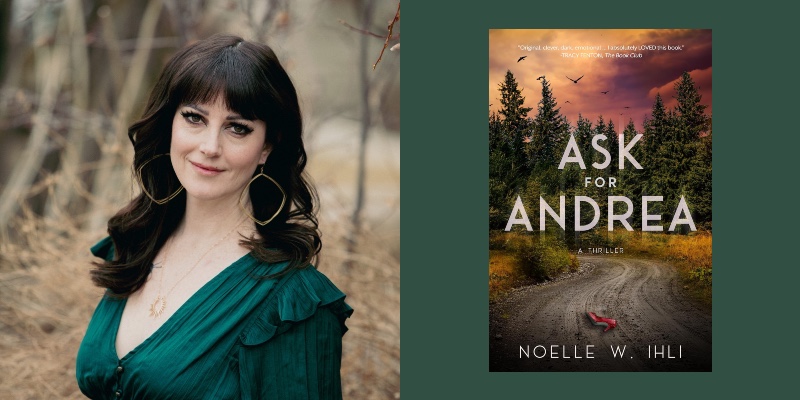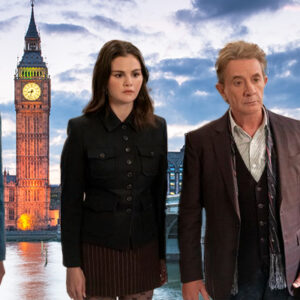We’ve all felt the possibility of a night out. A promising date, a couple of glasses of good wine, all while wearing the outfit you’ve been saving for a special occasion.
And we’ve all heard—or experienced firsthand—the horror stories of possibilities turned predatory. A date that starts to sour, an unwanted touch, a glass of wine that hits like a semi truck—laced with something sinister.
*
A Sobering Statistic
One in three women will experience either rape, physical assault, or stalking by an intimate partner in her lifetime. One in three. It’s the reason we choose public locations for first dates, send each other screenshots and “Got home safe” texts, even dropping pins to share our locations. In case the worst happens. In case we don’t come home safe—or at all.
The news is riddled with stories about women like Sydney Loofe, who went missing after her Tinder date and whose body was later found in rural Nebraska. Leticia Martinez-Cosman, who was strangled to death by her date after a night out in Seattle. Erika Gaytan, missing and presumed dead at the hands of her date in Texas.
*
A Secret Code—and an Unlikely Lifeline
Some bars and restaurants are offering women a unique—and discreet—way to get help if something starts to feel wrong. For instance, campaigns like the U.K.’s “Ask for Angela.” The idea is simple: If you feel unsafe, signal a bartender or server and ask, “Is Angela working tonight?”
Behind those words is an unspoken code: I need help. Get me out of here. Staff are trained to intervene, escorting the woman to safety, making sure she gets in her Uber, or even removing the threatening individual.
Across the United States, similar efforts have taken root: restroom posters whispering instructions, chalkboards in dive bars offering coded lifelines, servers who know that the phrase, “Can I get an Angel Shot?” means this customer isn’t just ordering a drink—she’s begging for help.
*
Fiction Mirrors Reality
My novel Ask for Andrea was inspired by the “Ask for Angela” campaign. It follows three women who, like so many women in real life, never make it home from a promising night out.
Brecia, Meghan, and Skye don’t have much in common—except for James Carson. He’s a charming, handsome bachelor. And he uses online dating sites as his personal hunting ground. Men like him are the reason local bars have started their own code for help: “Ask for Andrea.”
Because as one character says, “He was the kind of beautiful that drew you in before you even considered the fact that beautiful things can be poisonous.”
In real life, women who cross paths with a man like James Carson are silenced. But in this story, told in first-person by Brecia, Meghan, and Skye—the dead speak. They’ve found each other. They’ve found their killer. And they won’t rest until they find a way to stop him.
*
Helpers and Hunters
The terrifying truth is that most predators among us hide in plain sight. They don’t have beady eyes like villains in movies. They smile, they flatter, they buy the next drink. That’s why campaigns like Ask for Angela exist in the first place. Because sometimes, the danger doesn’t reveal itself until it is far too late to get away.
But for every predator who prowls the bars, dating apps, or quiet parking lots, there are the helpers who refuse to let women disappear in silence. Bartenders and staff who learn a secret code so they can step in before it’s too late. Friends who check in with a text or stay on the line during the walk to the car.
Because every woman deserves to enjoy a safe night out. And every woman deserves to know there are more helpers than hunters waiting in the dark.
***


















